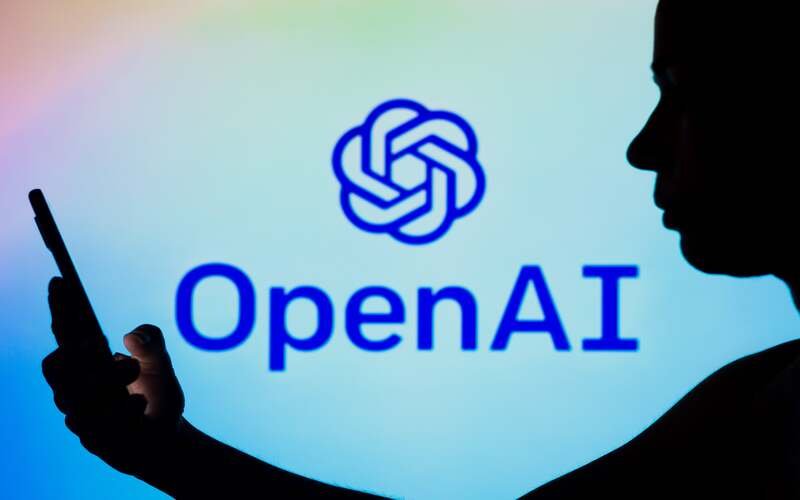OpenAI, the company that owns ChatGPT, is not anticipated to give seats on its new board of directors to Microsoft (MSFT.O) and other investors, such as Khosla Ventures and Thrive Capital, according to a source who is familiar with the subject and spoke to Reuters on Tuesday.
During the previous week, OpenAI’s CEO and founder, Sam Altman, was abruptly removed from his position without providing any specific reasons for his departure. This raised concerns among both investors and staff. The promise of a new board was made in exchange for his reinstatement.
Because of Altman’s departure, there is a lot of uncertainty over the firm’s future, which is at the core of the rise in artificial intelligence.
In a statement, Thomas Hayes, head of the hedge firm Great Hill Capital, stated, “I do not know that it is going to be the choice of OpenAI to leave Microsoft off the board.”
He stated that “Microsoft will have something to say about it, given the amount of money they have put behind them,” and argued that it would not be in Microsoft’s best interest “to sit passively” in this situation.
The Information was the first to disclose the news and stated that OpenAI will have a nine-person board. According to the source, the confirmation of the three first directors of the new board is anticipated to take place as soon as this week. These directors are Chair Bret Taylor, former Treasury Secretary Larry Summers, and Quora CEO Adam D’Angelo.
D’Angelo is expected to be the sole director left from the previous six-person board that terminated Altman’s employment.
With an investment of over ten billion dollars in OpenAI, Microsoft is one of the most significant investors in OpenAI, which is responsible for the operation of ChatGPT, its viral generative artificial intelligence chatbot.
The company’s chief executive officer, Satya Nadella, had previously stated to CNBC that the governance at the ChatGPT manufacturer needed to be altered regardless of where Altman ended up.
In response to a query on the OpenAI board, a spokeswoman for Microsoft stated, “We will wait until the board officially says something.”
OpenAI and Thrive did not immediately reply to calls for comment, and Khosla declined to comment.










































Comment Template